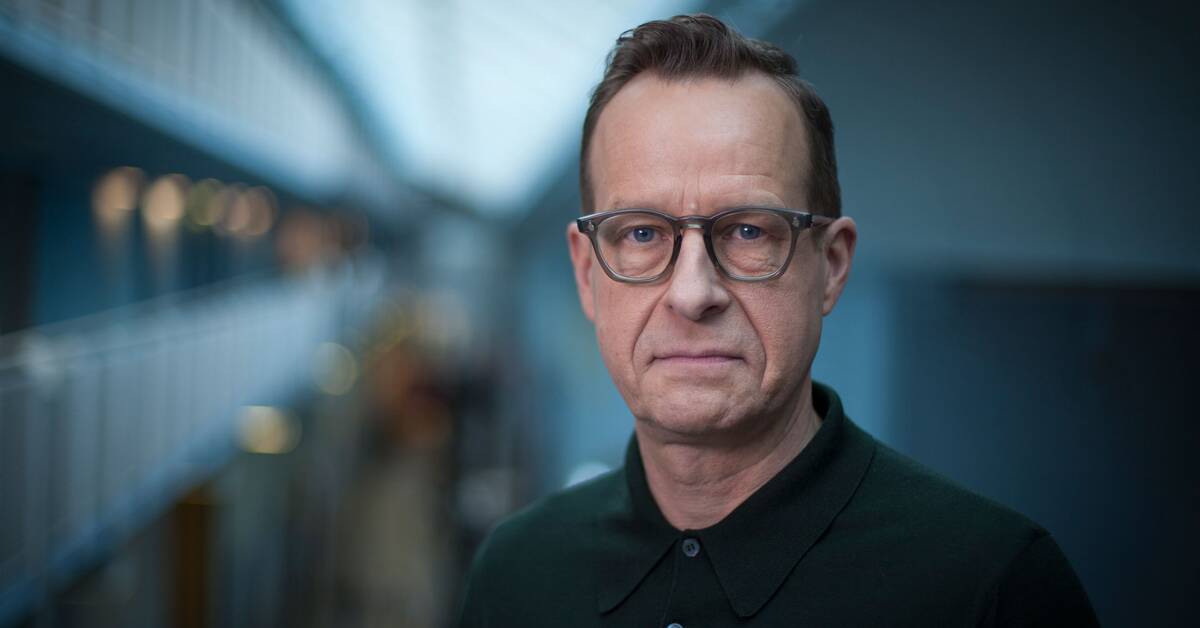The task of developing a new content assignment "with a focus on public education and journalism for the whole country" may go in line with the desire for a "narrower, sharper" public service expressed by three of the four parties in the government document.
In any case, it is
in direct confrontation with the idea of a "broad mission" for public service - i.e. with entertainment and sports - which not only the entire opposition but also the governing party Liberals strongly supports.
(Not to mention the power with which the management of the public service companies stand behind it.)
The assignment to evaluate and, if necessary, re-evaluate the diversity and equality goals in the current broadcasting license comes directly from the Sweden Democrats' long list of demands with measures to discipline what is seen as an "identity politics" agenda at the public service companies.
It will be debated again.
SD, which promised its voters a thorough reform of the public service, is likely to highlight this as a victory.
The opposition - and many cultural debaters - will probably accuse the government of releasing a controversial position that SD alone stands for.
The task of clarifying the public service companies' room for action online could hardly be shirked any longer.
Technological developments have made many traditional boundaries irrelevant and difficult to understand.
Difficult trade-offs must be made.
Protecting the media companies against "unhealthy state competition" is also a moderate heart issue.
This is only an investigative directive
to a working group where all parties in the Riksdag are represented.
So the political fight will continue during the investigative work - with particular pressure on the liberals who, in the public service issue, have more in common with the opposition than with the government they sit in.

